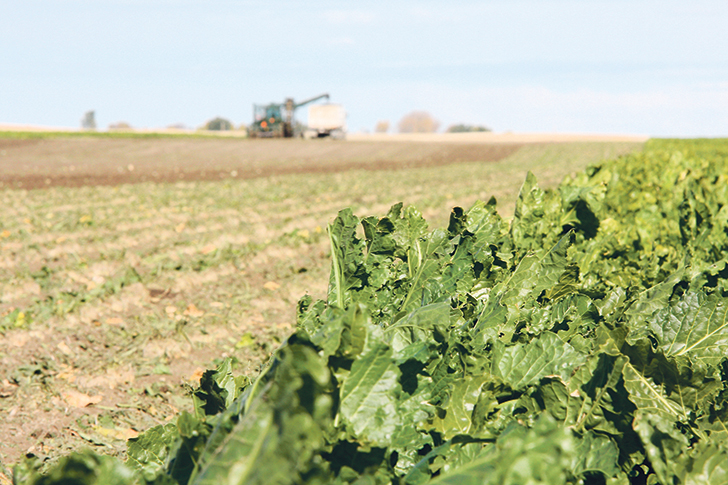TABER, Alta. — Potential trade negotiations with the administration of United States President Donald Trump could affect Canada’s sugar business.
Though small in the global scheme of sugar production, which comes mostly from cane, Canada’s sugar trade also involves the southern Alberta sugar beet industry.
Canada’s access to the United States under existing rules comprises 10,300 tonnes of beet sugar and 59,250 tonnes of sugar-containing products annually.
Maintaining that trade is “absolutely fundamental,” said Canadian Sugar Institute President Sandra Marsden.
“Obviously, from a Canadian perspective, we want to at least maintain the access we have for beet sugar and sugar-containing products. If (Trump) puts NAFTA (North American Free Trade Agreement) in its entirety on the table for negotiation, we want a seat at the table,” Marsden said Feb. 8.
Read Also

Crop quality looks good this year across Prairies
Crop quality looks real good this year, with the exception of durum.
Canada has anti-dumping and countervailing duty protection against the United States and European Union, as negotiated through the World Trade Organization, and refined sugar imports face a small tariff.
On the export side, Marsden said the goal is always to improve access to markets for beet sugar, sugar-containing products and further processed products.
“The more sugar we sell to food manufacturers, the more efficient and viable our whole industry is,” she told sugar beet growers during their annual meeting.
Canada has benefited under NAFTA and has a trade surplus in products that contain sugar, Marsden added.
Until 2004-05, Canada sold more sugar and products to the U.S. but the amount dropped after that because of the currency exchange rate.
The Trans-Pacific Partnership deal, which was scuttled by Trump, would have improved Canadian market access for beet sugar by 9,600 tonnes and access for sugar-containing products by 9,600 tonnes as well.
Marsden said she doesn’t think the U.S. will be particularly focused on the Canadian sugar industry if and when trade deals are renegotiated.
She said Canada successfully defended its duty protection in front of the international trade tribunal in 2015 and it won’t be reviewed again until 2020.
As for the Comprehensive Economic Trade Agreement between Canada and Europe, Marsden said the EU’s policies on genetic modification would limit exports.
Most if not all sugar beets grown in Canada are genetically modified to be glyphosate resistant.
Although the sugar they produce is not GM, the origin would have to be noted on labels.
CETA would provide an opportunity for more exports of further processed products, said Marsden. That would mostly benefit sugar refineries in eastern Canada that refine imported raw sugar from cane.
















